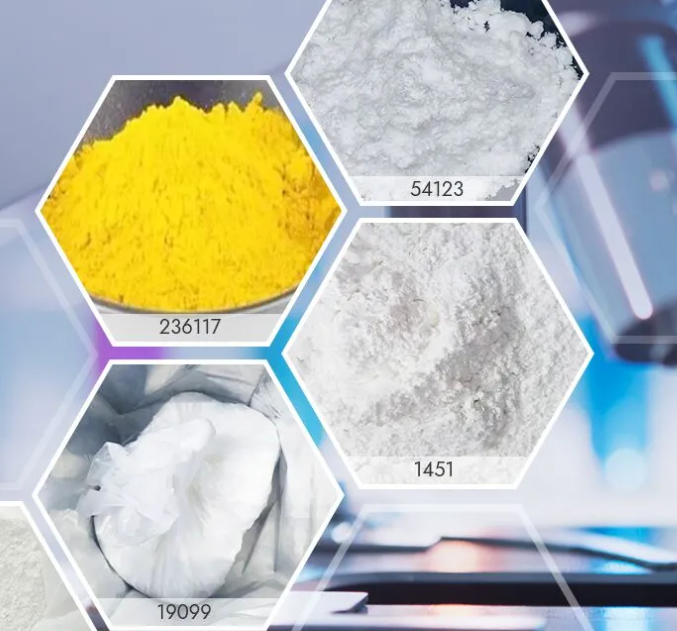What is a pharmaceutical intermediate?
The pharmaceutical industry is a complex web of research, development, and production, with numerous stages involved in bringing a drug from concept to market. Central to this process are pharmaceutical intermediates, essential components that play a crucial role in the synthesis of pharmaceutical compounds.

1. Defining Pharmaceutical Intermediates:
1.1 In the Synthesis Chain:
1.2 Temporary Forms:
2. Role in Drug Development:
2.1 Chemical Building Blocks:
Pharmaceutical intermediates act as chemical building blocks, forming the foundational structure of the drug. The synthesis of complex pharmaceutical compounds often requires multiple steps, with each intermediate contributing specific structural elements.
2.2 Purity and Quality Control:
The production of pharmaceutical intermediates involves rigorous quality control measures. Ensuring the purity and quality of intermediates is critical, as any impurities may carry through to the final drug product, impacting its safety and efficacy.
2.3 Efficiency in Synthesis:
The use of intermediates allows for more efficient and cost-effective synthesis of APIs. By isolating key intermediates, manufacturers can streamline the synthesis process, optimizing both time and resources.
3. Types of Pharmaceutical Intermediates:
3.1 Starting Materials:
3.2 Key Intermediates:
3.3 Byproducts and Impurities:
4. Regulatory Considerations:
4.1 Good Manufacturing Practices (GMP):
The production of pharmaceutical intermediates, like any other pharmaceutical manufacturing process, must adhere to strict Good Manufacturing Practices (GMP). These regulations ensure the quality, safety, and consistency of pharmaceutical products.
4.2 Quality Control and Documentation:
5. Examples of Pharmaceutical Intermediates:
5.1 Aspirin Synthesis:
In the synthesis of aspirin, salicylic acid serves as a key intermediate. Through chemical transformations, salicylic acid is converted into acetylsalicylic acid, the active ingredient in aspirin.
5.2 Statins Production:
The synthesis of statins, a class of cholesterol-lowering drugs, involves multiple intermediates. Starting with simple compounds, each intermediate contributes to the formation of the final API.
Pharmaceutical intermediates form the bedrock of drug development, navigating the intricate journey from raw materials to the final therapeutic compounds. Their role in providing efficient synthesis, ensuring quality, and complying with regulatory standards highlights their significance in the pharmaceutical landscape. As advancements in chemistry and manufacturing processes continue, pharmaceutical intermediates remain central to the pursuit of safer, more effective medications for diverse healthcare needs.


Comments
Please Join Us to post.
0